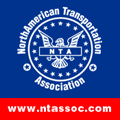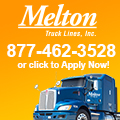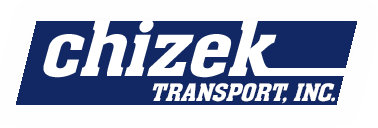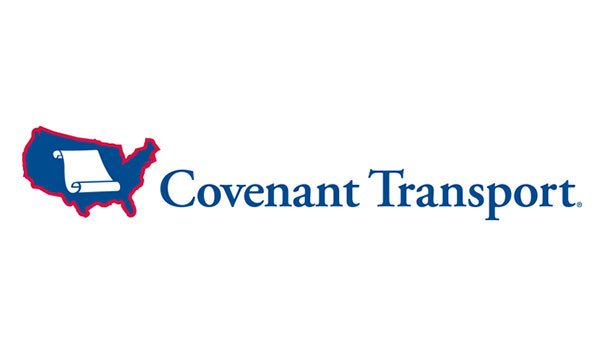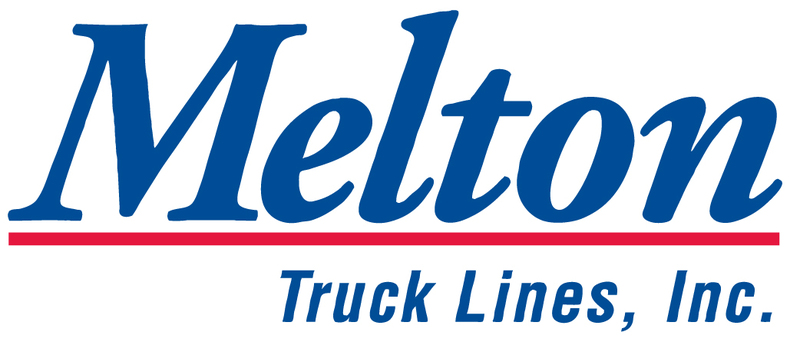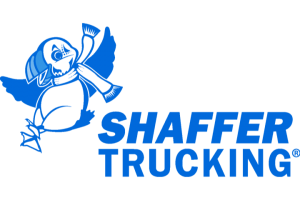Weigh Stations & Law Enforcement
"Driver, pull around and bring in your paperwork." Those words are what truck drivers often dread the most. The next few minutes can mean the difference between a fine, a full-scale inspection or even being placed out of service. Or, you could be back on the road with a smile on your face and the satisfaction of knowing you are a professional driver.
The difference between a driver who is waved on through at an inspection station and one who is subjected to scrutiny at the scale often lies in the attitude. "It can make you or break you," admitted Jeffrey Lorentz, Lieutenant for the Wisconsin State Patrol Motor Carrier Inspection Services. He added, "The whole bottom line is professionalism."
The attitude you need at the scale is the same one you should have when you are stopped on the highway. Although you may not be subjected to the same inspection criteria when you are pulled over on the road, you should be prepared to provide the needed documentation to the officer when it's requested.
Equipment Check
Although each state has its own criteria for enforcement of the laws regulating the trucking industry, they are all concerned about safety on the highways. The weigh stations are designed to verify that the tractor-trailer units do not exceed the maximum gross weight or the allowed axle limitations. Both the officers at the scale and on the road look for violations involving unsafe equipment or improper documentation for both the truck and the driver.
While the state DOT inspector who stops your rig on the highway will be looking for many of the same violations that the scale master is checking, unless there are portable scales, the emphasis will be on the legal paperwork and the state of your equipment. In the case of a law enforcement officer, such as a state patrol, county sheriff or local police officer stopping you, the concern will be more on moving violations. Most of these officers know little about logbooks and paperwork requirements, and will probably stop you for legal infractions concerning your truck. If you are stopped for speeding, tailgating or any other moving violation you may have to show your bills of lading, registration or insurance forms along with your logbook.
Lt. Lorentz insists that the inspectors are not trying to increase state cash reserves by looking for overweight trucks: "Our priority is not in weighing trucks. Our priority is safety." All personnel in Wisconsin scale stations are fully sworn state patrol officers who are instructed to treat drivers as professionals. Inspectors in all states are expected to maintain professionalism and they expect the same conduct in return from the driver.
Documentation
If you are asked to bring your paperwork in for inspection, you should be prepared to provide the documents required by the Department of Transportation. Do not "forget" your logbook in your truck because it's not updated. The officer will become even more suspicious if you don't present it when requested. Since the most common violation found at the inspection sites is for logbook infractions, you can be sure that you will be subjected to a review of your hours of service.
In addition to your logbook, you will be asked for other credentials related to your driving qualifications. You will probably be asked for your commercial driver's license and for your medical card. These should be with you at all times when you are driving and should be updated before they expire.
The remainder of the documents you will be asked to present will be proof of compliance for the tractor-trailer and the load. Your carrier should have provided you with a permit book to remain in the cab of the truck. There are various regulatory bodies, which govern the trucking industry. Become familiar with these documents so you will recognize them when you are being checked. (Refer to article on regulatory requirements for this information.)
Random Inspections
Although you will probably be waved through the majority of time when crossing a scale, there are times when you might be required to submit to a random inspection. Your chances of being singled out for this type of compliance check is about one in every 150 trucks that cross the scale, according to Lt. Lorentz. Since the number of trucks checked for weight is about 150 each hour, your chances of being stopped for this check are slim. However, that doesn't mean you should take any chances with compliance issues. The bottom line is safety and professionalism.
Many states are trying to work with drivers to keep our highways as safe as possible. They want to work in partnership with the trucking industry and are taking steps to offer ways to make the driver's job easier.
You can consider the state compliance enforcement officers to be your partner in safety or you can maintain a negative attitude regarding the inspections. Your level of professionalism will affect the way you are treated when you are asked to, "Pull around and bring in your paperwork." Remember Lt. Lorentz's advice about attitude: "It can make you or break you."
Written By: Staff Writer




